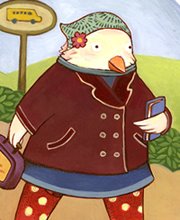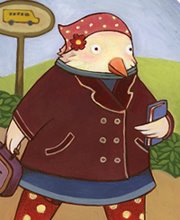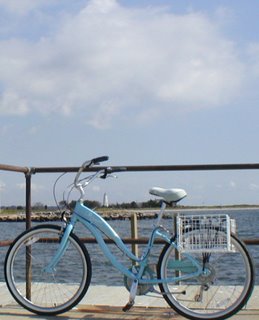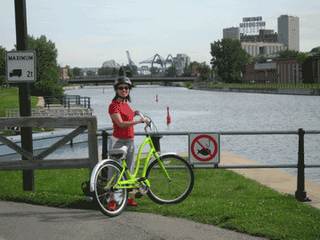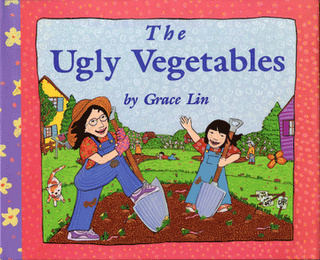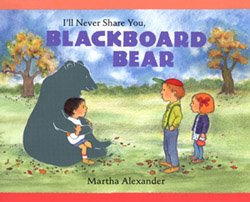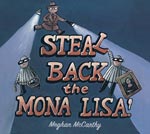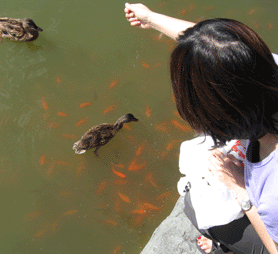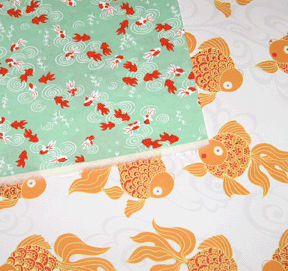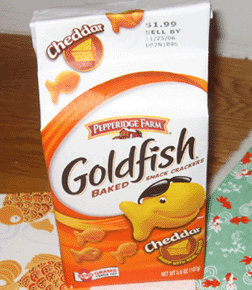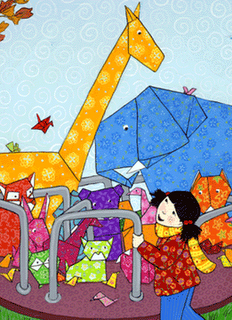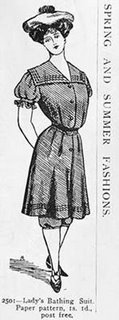People will think I'm a horrible writer. I'll never write another book again. I don't know what I'm doing. What if I'm wrong?
Sound familiar? Do you have these thoughts, these doubts? Well, replace "People" with "The author," replace "write" with "edit" and you have the doubts that go through my head every time I edit a manuscript and write an editorial letter. I get the same anxiety when I send off an editorial letter as authors get when they send off their manuscript to an editor. Or artists when they send sketches or final art. (Okay, well, maybe not "the same" but similar.) I don't want to hurt the author's or illustrator's feelings, or anger them. I don't want them to think I'm incompetent and/or crazy. Because I have the highest level of respect for the creative people I work with, because I could never do what they do.
I hope that my editorial letters have the right balance of praise and constructive criticism. I know that it can be intimidating to receive a four or seven-page editorial letter. But I hope my authors know that I love their writing, love their work, to know that we're on the same team.
The task of writing an editorial letter to me is daunting, and I certainly had no idea how to go about doing it when I edited my first novel (sorry, Libby!). But I learned as time went on, I learned from my mentors, and I learned from reading the correspondence files that circulate in my department: each week, everyone in editorial (when we remember to do this) places copies of our editorial letters and other outside business correspondences into a centralized folder which is then circulated throughout the editorial department so that we can be aware of other editors' projects, problems that other editors are having that may be similar to our own, and also so the younger staff can read many different editorial letters to start to understand how to write them. I think this process is the same in most other companies, and it's one of the crucial learning tools for an editorial assistant.
I think every editor develops his or her own editing style, and I've certainly honed my own throughout the years. I shared some of my revision process at the SCBWI annual conference in LA, but I thought I'd go through it now in more detail in the hopes that it will be helpful. It's generally always changing slightly, but I just went through this four+ times in the past few weeks, so it's pretty fresh in my mind.
1) First, I read through the manuscript (this is my favorite part of the process!). I make very few notes, just read for the experience, and jot down things I notice, usually broad, over-arching things. (Although if I do happen to notice a typo or sentence that feels off here and there, I'll mark it.) But I'm really just looking to get a fresh read, reading for the overall experience as a final reader would. Is it enjoyable? Am I pulled into the book right away? Is the pacing off? Do I care about the characters? Does the plot make sense? Is the ending satisfying?
2) Then, if I can, I'll let it sit for a few days. Sometimes, right after the first read I think, "there's nothing I could do to improve that novel!" But inevitably things will come to the surface during that "sitting" time, issues with the plot, questions about certain characters, solutions (suggestions, I should say) to problems I've been having with the book, resolution to how I've been feeling about the ending, etc. I also want to see if the book "stays with you"--do I remember it several days later?
3) After a few days, I'll sit down again with the manuscript and go through it carefully, line by line. I do some line-editing now, although I think I'm generally pretty light overall in this regard. I tend to just call out sections or underline sentences that aren't working for me, but rarely will I actually reword things myself--as I've said before, I'm not a writer myself, so I like to give the author the freedom to work it out themselves. I'll jot down more notes on a separate sheet of paper that I know I'll have to expand on in an editorial letter.
4) And then finally, I copy my generally messy notes onto a clean copy of the manuscript that will be sent to the author. This step not only allows me to clarify my notes for the author, but to also review my edits, decide if I still agree with them. As I do this, I also expand on issues I need to in an editorial letter, trying to offer several suggestions for how I think an issue can be solved as I go. Sometimes I add and delete my own edits as I go along. I'll often just type things out into a Word document chronologically first, and then later go through my letter and reorganize it by topic: characterization, plot, pacing--whatever I think the main issues are in the manuscript.
5) I tweak the letter a lot. Get it to the structure I want, add the opening and closing (make sure the author knows that these are my suggestions only, not demands), print it out and edit it on paper two or three times until I think it's ready, and then send it off. I'll usually email the letter first and then send the hard copy of the manuscript to follow a few days later. This way, the author has a day or two to mull over my comments before they receive the actual manuscript and start to work, and inevitably their subconscious mind will already be starting to work out solutions to problems with the manuscript (if they agree with my comments, that is!).
And I fully expect the author to disagree with me sometimes, and if they offer me an explanation later to why they disagreed and didn't revise something, that's fine with me. Occasionally there's an issue that I feel especially strongly about, and in those cases, I'll keep requesting the change on subsequent revisions, reiterating why I think it's a problem. But after asking three or four times, there's not much more that I can do. Ultimately, it's the author's work, and we can't force the author to make changes he or she is not comfortable with, or in agreement with.
This process repeats until the manuscript is "done." Generally, the first editorial letters are more general, and as we go I get more nitpicky about the little things, and the last edit is just "clean-up" of all of the little things that are left. I've never taken less than two rounds, and on average it takes three or four, oftentimes more. And I put "done" in quotations because sometimes it feels like it's never really done to the author--they want to keep tweaking and revising. But at a certain point, we need to declare it done and get it into copyediting.
So, there you have it, my process. Of course, depending on the time crunch, sometimes this process is cut down--I'll combine 1 and 3 and delete 2. Or I'll combine steps 3 and 4. Or I'll cut down on how many times I edit my own letter. Also, when I'm reading a revision, unless there were many structural changes or major plot-point changes, the "fresh read" isn't as crucial a step.
I am an editor, and although editing is probably one of the most important parts of my job, I feel that it's only 10-15% of my job description. In fact, when I was on a panel at the New School last year and explaining what I did, I completely forgot to include "edit"! But as daunting as it is, I do relish it. I love examining these works of art carefully, trying (and I emphasize "trying") to get to know the book as well as the author does. I do respect the work, even as I seemingly "rip it apart," and ultimately I just want to help the author get the work to the next level and get it ready to introduce to the world.
***
Check out my updated
"How I edit 2.0" post.
 This year, me and the BRG are not doing Robert's Snow . While it's a relief not running a fundraiser, the cause is still something close to our hearts.
This year, me and the BRG are not doing Robert's Snow . While it's a relief not running a fundraiser, the cause is still something close to our hearts.


